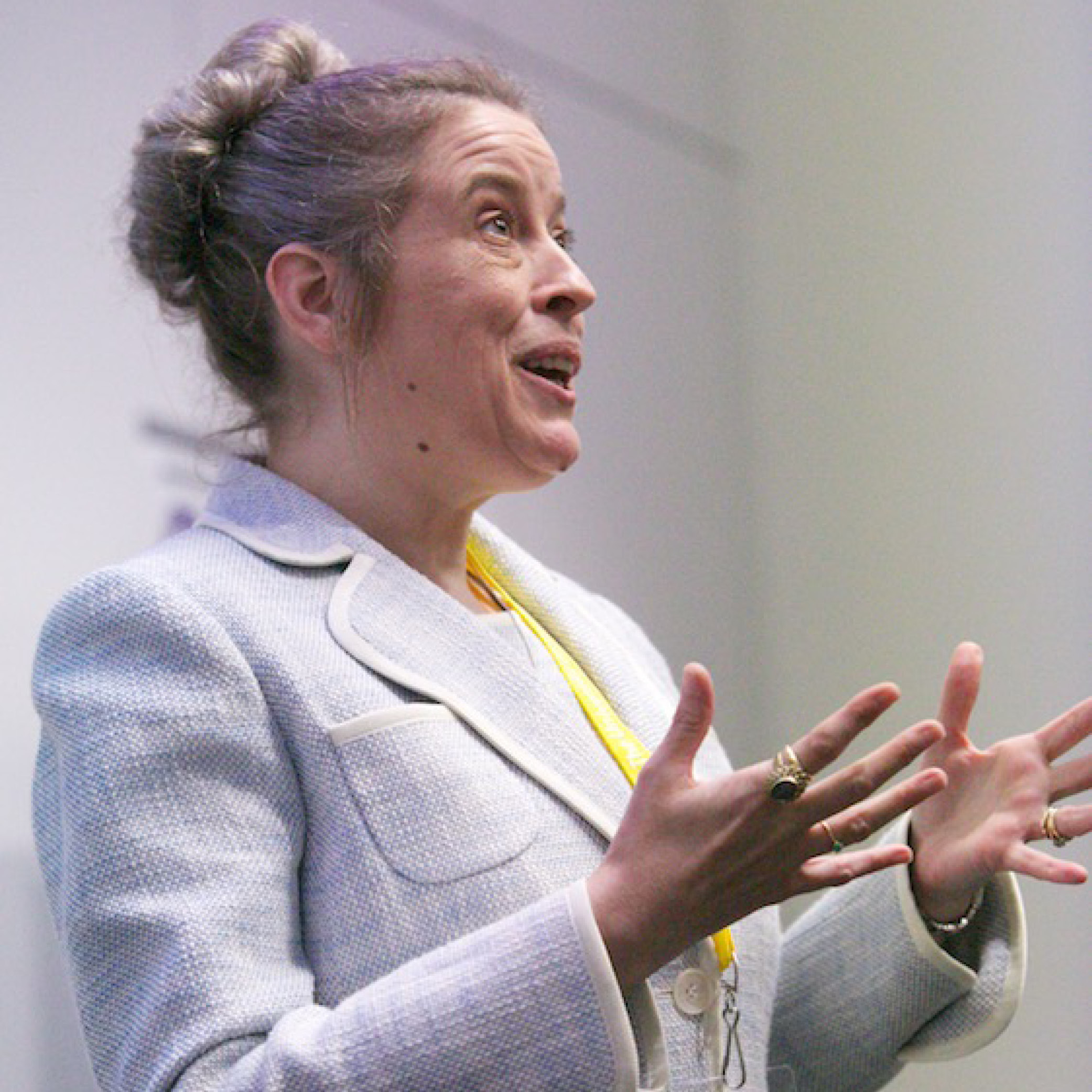NEWS | Eve Lucas | October 2024
A decade of shaping energy policy: celebrating The Centre for Energy Policy’s 10th Anniversary
As the world grapples with the urgent need for effective and sustainable energy strategy, the Centre for Energy Policy (CEP) at the University of Strathclyde has emerged as a pivotal player in shaping energy policy and research. Established in November 2014 and publicly launched in May 2015, CEP has dedicated the past decade to translating its research findings and economic modelling into effective, evidence-based policies that support a just and sustainable transition. With a multidisciplinary team of experts, the Centre conducts in-depth analyses and engages in impactful discussions that inform decision-making and guide policymakers in navigating the evolving energy landscape.
Focused on achieving real-world impacts, the Centre has helped shape UK and Scottish Government policy in areas including energy efficiency, industrial decarbonisation, heat decarbonisation and low carbon transport. By examining the economic implications and societal impacts of different energy governmental strategies, the Centre fosters a nuanced understanding of how these approaches can tackle the energy transition and achieve net zero by 2050.
The Centre’s commitment to stakeholder engagement is evident in its conferences, lectures and workshops, which have brought together researchers, industry experts and members of the public. These events foster dialogue and knowledge sharing, enabling participants to explore emerging trends and share best practices in energy policy. CEP also creates impact through its publications: policy briefs, journal articles, not to mention blog posts and topical news stories.
A visionary beginning
The story of the Centre for Energy Policy began in 2014 with a vision to create a research hub that would provide evidence-based insights into energy policy. CEP Director and founder, Professor Karen Turner, established the Centre’s mission. With a background in economics, she recognised the growing need for robust research that could inform decision-making in a rapidly changing energy landscape.
“From the outset, my goal was to bridge the gap between research and policy,” Turner explained. “We wanted to create a multi-faceted arena where academic research could inform real-world challenges, and vice versa, thereby helping to drive the energy, economic and wider societal transitions required to deliver a more sustainable and prosperous future.”
Under Turner’s leadership, CEP has cultivated a diverse team of researchers, knowledge exchange experts, professional services staff, and PhD students, who bring a wealth of expertise from various disciplines. This collaborative approach has allowed the Centre to address energy challenges comprehensively and innovatively.
A decade of achievements in a changing environment
In a decade that saw a rapid expansion of renewable energy, and the target of net zero emissions by 2050 enshrined in law, the Centre for Energy Policy has witnessed significant strides in the field of energy policy. In 2015, the Government committed to phase out all coal-fired power stations by 2024, which has now come to pass, with the recent closure of the Ratcliffe-on-Soar plant. When Professor Turner first created CEP in 2014, only 20% of the UK’s electricity was supplied by renewables, a figure which had more than doubled by 2020. However, the UK still has a long road ahead to reach net zero by 2050 and the target for all electricity to come from 100% zero-carbon generation by 2035.
Over the years, CEP has been involved in numerous high-profile research projects. Key contributions include supporting the UK’s Department for Energy Security and Net Zero (previously BEIS) in formulating a 2018 carbon capture strategy and influencing the 2020 UK mini-budget allocation for residential energy efficiency. Their research was also instrumental in the Scottish Government's 2018 Energy Efficient Scotland Route Map, which emphasised the economic benefits of energy efficiency improvements. Additionally, insights from CEP have aided the electricity network operator SP Energy Networks in aligning their plans with net zero commitments. In the academic arena at the University of Strathclyde, CEP was part of the Department of Government and Public Policy’s submission to the Research Excellence Framework (REF) 2021, which Times Higher Education ranked as #1 across the UK in the Politics and International Studies Unit of Assessment.
Looking ahead: celebrating a milestone
As the Centre for Energy Policy prepares to celebrate its 10th anniversary, a series of events and activities are planned to honour this significant milestone. The celebrations will include a programme of in-person events and the publication of outputs, such as a new podcast series, Energy Conversations.
Turner expressed her excitement about the upcoming celebrations, stating,
“This anniversary is not just a reflection of our past but an opportunity to envision the future of energy policy and the wider relevant public policy landscape. We’re excited to engage with our partners, celebrate our achievements, and look forward to the next decade of innovation and impact.”
As CEP embarks on its next chapter, the energy landscape continues to evolve, presenting new challenges and opportunities. With a commitment to research excellence and a passion for sustainable energy solutions, the Centre for Energy Policy is poised to remain at the forefront of impactful energy policy research and knowledge exchange for years to come.


